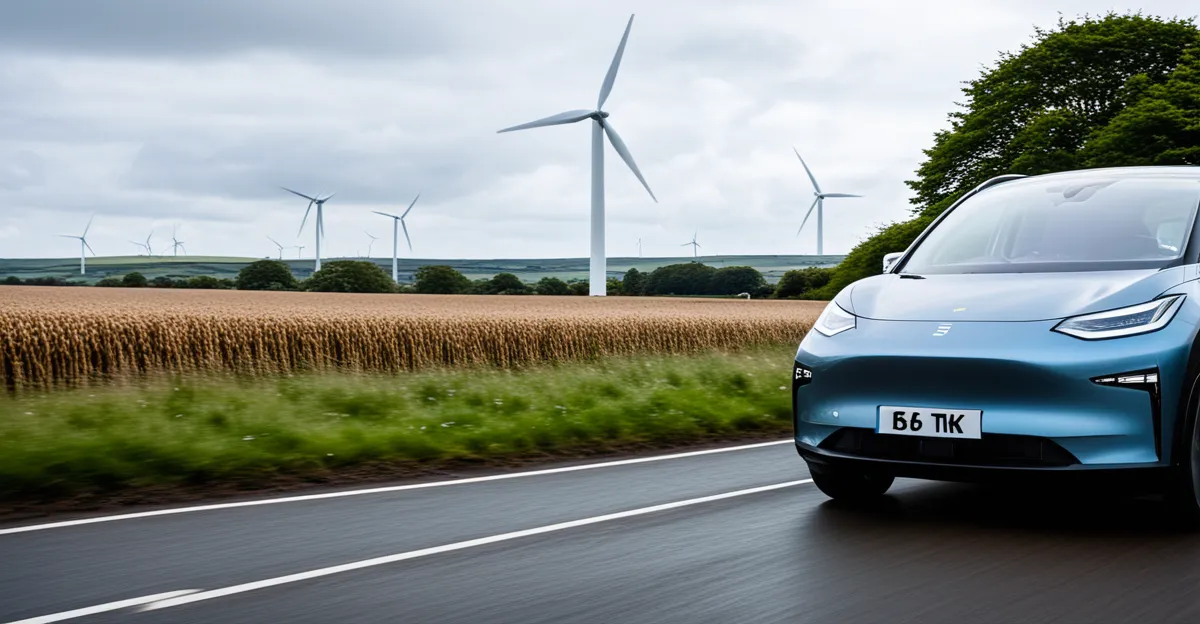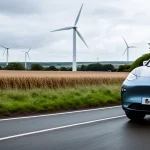Projected Growth and Adoption of Electric Cars in the UK
The UK electric car market is experiencing robust expansion, driven by evolving consumer preferences and stringent emissions targets. Current EV adoption statistics show a significant year-on-year increase in electric vehicle sales, reflecting heightened awareness and improved infrastructure. Forecasts indicate this trend will accelerate, with projections suggesting that electric vehicle registrations could exceed 60% of all new car sales by 2030.
Major manufacturers are pivotal in shaping these electric vehicle trends in the UK. Brands like Jaguar Land Rover and Nissan continue innovating with new EV models featuring enhanced battery efficiency and extended range. Additionally, emerging companies focused solely on electric cars are influencing market dynamics by offering competitive pricing and fresh technology.
Topic to read : How Could the Adoption of Electric Vehicles Transform the UK Automotive Landscape?
Government policies also propel growth, with ambitious targets to phase out new petrol and diesel cars by 2030. Incentives such as grants and reduced vehicle taxes aim to stimulate demand, while investments in charging infrastructure support wider accessibility. This interplay between manufacturer innovation, policy frameworks, and consumer demand underpins the sustained expansion of electric vehicle adoption rates in the UK. As a result, the UK electric car market is positioned for transformative growth, reflecting a decisive shift in the automotive landscape.
UK Government Policies Shaping Electric Vehicle Uptake
The UK electric vehicle policy landscape is instrumental in accelerating the country’s transition to cleaner transport. Key government incentives include grants that reduce upfront costs for buyers and reduced vehicle taxes targeting electric models. These policies lower financial barriers, making EV ownership more accessible to a broad audience and directly influence EV adoption statistics.
In parallel : Is the Future of the UK Automotive Industry Dependent on Technological Innovation?
Crucially, significant investment is flowing into EV infrastructure UK-wide, supporting a growing network of public charging stations. This expansion addresses range anxiety, a common consumer concern, and encourages adoption in both urban and rural areas. For instance, improvements in fast-charging points and integration with renewable energy sources enhance the overall ecosystem for electric car owners.
The government’s commitment goes beyond financial incentives. Stricter emissions regulations create a compelling market environment where electric vehicles emerge as the primary solution to meet future standards. These combined measures ensure the UK electric vehicle policy not only drives immediate uptake but also sets a foundation for sustained growth in the UK electric car market.
As a result, consumers are increasingly confident in transitioning to electric mobility, supported by robust policy frameworks that address cost, convenience, and environmental objectives simultaneously.


